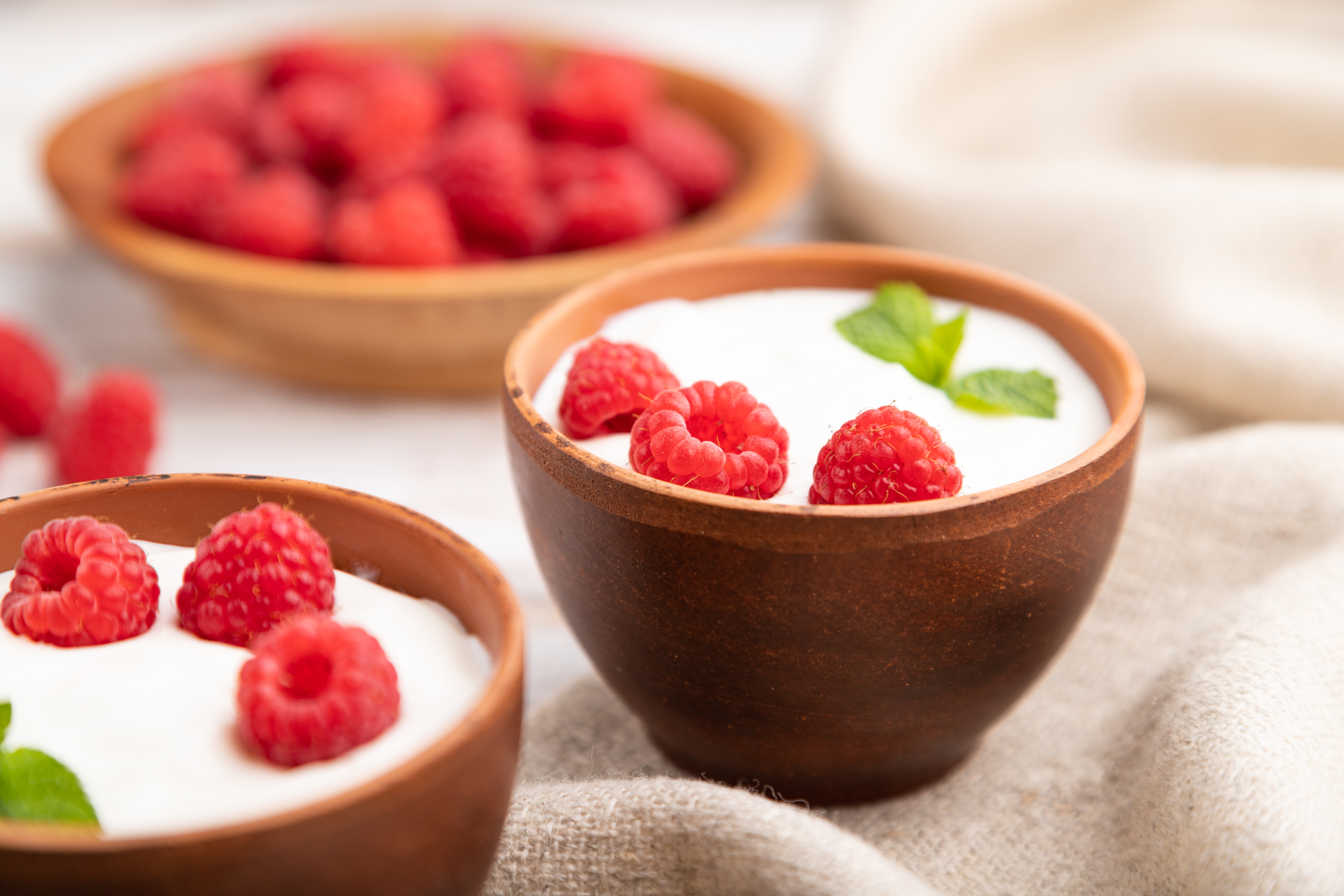32 Must-Try Fermented Foods to Supercharge Your Gut Microbiome
Ready to unlock vibrant health from the inside out? Your gut microbiome, a bustling universe of trillions of tiny allies, holds the key! This intricate ecosystem influences everything from digestion and immunity to your mood. And the secret weapon to nourish it? Delicious, ancient fermented foods! Packed with beneficial probiotics, these 'living' foods have been cherished globally for centuries, not just for preservation but for their incredible gut-boosting power. Ready to supercharge your inner ecosystem? We’ve expanded our guide to feature 32 amazing fermented foods – microbial marvels ready to transform your gut health. Let’s dive in and discover how these tasty traditions can help you thrive!
1. Yogurt: The Creamy Probiotic Powerhouse

Yogurt is perhaps the most well-known fermented food, revered for its creamy texture and probiotic content. Made from milk fermented by lactic acid bacteria, yogurt is a versatile food that can be enjoyed on its own or as part of a meal. Its probiotics, primarily Lactobacillus and Bifidobacterium strains, are known to improve digestion and enhance the gut microbiome. Regular consumption of yogurt has been linked to numerous health benefits, including better digestion, improved immune function, and a reduced risk of certain diseases. Its high calcium content also supports bone health. To reap the maximum benefits, opt for plain, unsweetened yogurt with live and active cultures.
